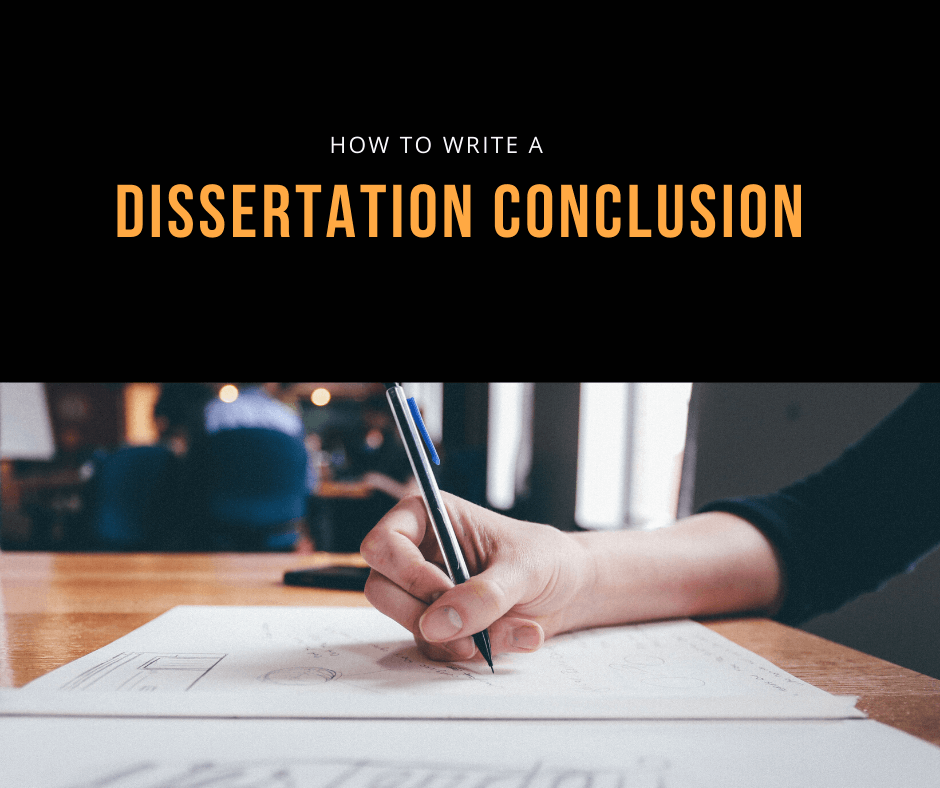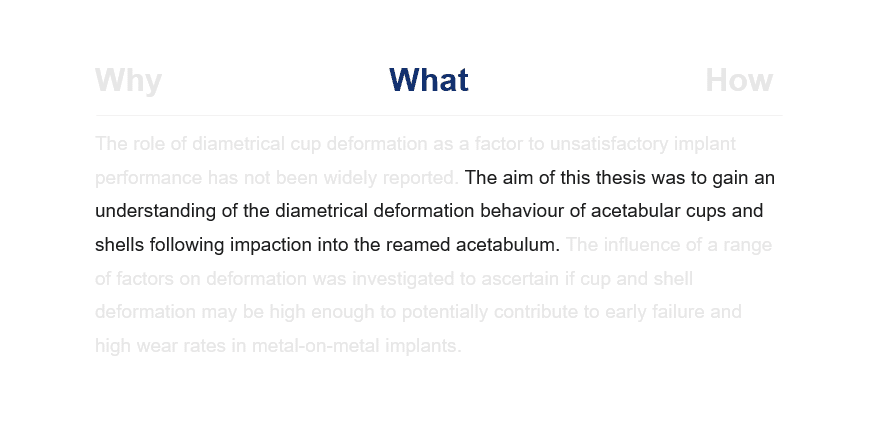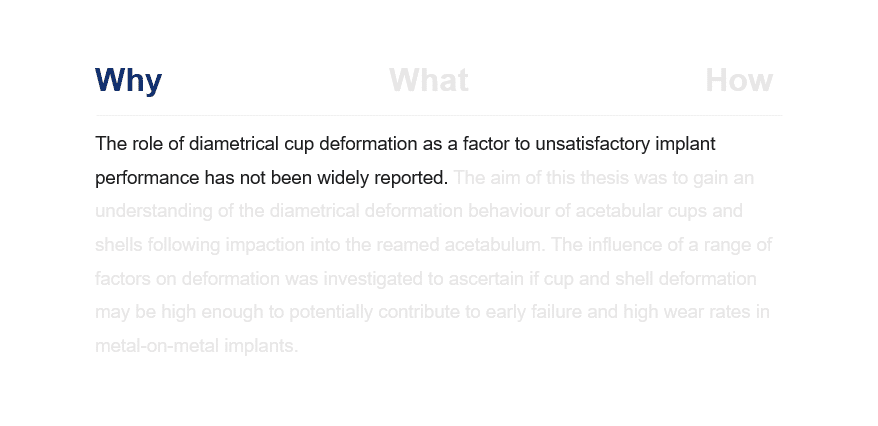
University: University of Washington
Faculty: Computer Science & Engineering
Author: Keith N. Snavely
Award: 2009 Doctoral Dissertation Award
Title: Scene Reconstruction and Visualization from Internet Photo Collections
University: Columbia University
Faculty: History
Author: Julien Saint Reiman
Award: 2018 Charles A. Beard Senior Thesis Prize
Title: “A Starving Man Helping Another Starving Man”: UNRRA, India, and the Genesis of Global Relief, 1943-1947
University: University of Ottawa
Faculty: Physics
Author: Guillaume Thekkadath
Award: 2017 Commission on Graduate Studies in the Sciences Prize
Title: Joint measurements of complementary properties of quantum systems
University: California Institute of Technology
Faculty: Physics
Author: Michael P. Mendenhall
Award: 2015 Dissertation Award in Nuclear Physics
Title: Measurement of the neutron beta decay asymmetry using ultracold neutrons
Award-winning master’s theses

University: University of Washington
Faculty: Computer Science & Engineering
Author: Nick J. Martindell
Award: 2014 Best Senior Thesis Award
Title: DCDN: Distributed content delivery for the modern web
University: Utrecht University
Faculty: Linguistics
Author: Hans Rutger Bosker
Award: 2014 AVT/Anéla Dissertation Prize
Title: The processing and evaluation of fluency in native and non-native speech
From our own experience, we know how difficult it is to begin writing a thesis, especially if you don’t know where to start. Looking at other theses can give you initial ideas for how to get started and help you work out the best structure for your own research.
Scribbr editors not only correct grammar and spelling mistakes, but also strengthen your writing by making sure your paper is free of vague language, redundant words and awkward phrasing.
Depending on your field, your research might have practical relevance (e.g. in policy or management), but it might mainly be relevant to other researchers (e.g. by developing theories or contributing new empirical data).
- What geographical area are you investigating?
- What time period does your research cover?
- What demographics or communities are you researching?
- What specific themes or aspects of the topic does your dissertation address?
Recent news stories about the children’s climate strike, and the increasing importance of youth engagement with climate politics.
The AI-powered Citation Checker helps you avoid common mistakes such as:
Step 3: Show the relevance of the research
The overall purpose of a dissertation introduction is to tell your reader what you’re writing about, why it matters, and how you approach it. To write your introduction, you can break it down into five steps:
- The overall aim: What did you want to find out?
- The specific objectives: How did you go about finding it out?
The objectives should give an initial insight into your research methods, giving a preview of the type of data and analysis the dissertation deals with. However, you don’t need to outline your methods in detail here if you’re including a separate methodology chapter.
However, you should revise your introduction throughout the writing process and return to it at the end, making sure it matches the content of your dissertation.

The research topic you choose should be in line with your interests to stay motivated throughout the process. At Research Prospect, our expert academics can provide you with unique and manageable topics so you can choose one that suits your needs.
Lastly, pay attention to small details such as creating a table of contents, including page numbers, creating a reference list and the appendix list, etc. All these are essential elements of a dissertation and contribute to your overall grade.
A dissertation consists of five chapters – introduction, literature review, methodology, discussion, and conclusion. This is the standard structure of a dissertation unless stated otherwise by your tutor or institution.
For more information, please take a look at our dissertation samples available online. You can even download these dissertation samples and save them for future reference.
What is a Dissertation?

One core component of a dissertation paper that is easily overlooked is referencing. Referencing can make or break your dissertation grade, thus do not forget to cite all sources accurately.
The third chapter should explain your methodology in detail, and the fourth and fifth chapters should discuss results and conclude the research, respectively.
Start writing your dissertation immediately once the proposal has been accepted. You can go through our thesis samples to comprehend the writing style typically used for a dissertation.

Topic: Evaluation of a Creative Curriculum in Preschool Literacy Readiness
Topic: Middle School Education: Examining the Effectiveness of an Inclusion Programr
Topic: Effects of online advertisements towards newsprint advertisement: a case study of Star Online and Star Newspaper
The writer did an amazing work with my paper! I first thought they offer dissertations only because of the name, but I actually got a research paper here. Still, they should really reconsider their name. It is a bit misleading.
Our Services
Topic: Is NHS implementing job evaluation to follow principles of pay equity?
Topic: The Impact of Internet Marketing on Business Management in Dubai
My thesis was of excellent quality, as always. Now I arrived to the part where I need a dissertation, so I'll be soon done ordering from writing services. Still, this is a company I'll never regret paying for. They never missed a deadline or gave me a bad paper.

When thinking of how to write thesis conclusion, it is important to make it easy-to-read, concise, and fun to read. Your goal should be putting across the argument that your dissertation brought out. Although you will most probably have handled the introduction, literature review, methodology, and discussion of the dissertation, the importance of the dissertation conclusion cannot be underestimated.
This study strongly demonstrates that Y, but further raises fundamental questions about X and Z
If you have been wondering how to start a thesis conclusion, the best way is restating the main study questions and thesis. The conclusion offers you the chance to show the reader that the thesis achieved the core goal it was intended to. So, it is important to craft a straightforward answer to the questions of the research. Remember to avoid simply restating the findings because you will sound repetitive. Instead, synthesize them and put them across in an easy-to-remember manner. See the examples of how to restate thesis in conclusion.
But you should note that empirical scientific studies, which are shorter, rock shorter conclusions compared to those of studies in humanities. You might want to check a dissertation conclusion sample from a top student or expert to see how he/she did the conclusion.
Table of Contents
Here, it is important to be factual. Remember that when you call for additional studies, a question about it could be thrown your way during the thesis defense.
The person who is reading your dissertation conclusion has come a long way from the first chapter. Before finishing reading the study, this is a great opportunity to remind him/her why you started working on the study in the first place. Well, go a step further and demonstrate how articulately the results from the study synched with your main expectations. So, summarize the study coherently, showing the entire journey that was followed during the study.
Although you are likely to have highlighted the recommendations when writing the discussions, here is another opportunity to provide further elaboration. So, how do you do it? Here are some examples:

Q: Is it specific?
A: Yes, it is clear what the student intends to do (produce a finite element model), why they intend to do it (mimic cup/shell blows) and their parameters have been well-defined (using simplified experimentally validated foam models to represent the acetabulum).
There is no getting away from the importance of the aims and objectives in determining the success of your research project. Unfortunately, however, it is an aspect that many students struggle with, and ultimately end up doing poorly. Given their importance, if you suspect that there is even the smallest possibility that you belong to this group of students, we strongly recommend you read this page in full.
It’s worth noting that researchers sometimes use research questions instead of research objectives, or in other cases both. From a high-level perspective, research questions and research objectives make the same statements, but just in different formats.
Having a research aim too broad becomes very difficult to achieve. Normally, this occurs when a student develops their research aim before they have a good understanding of what they want to research. Remember that at the end of your project and during your viva defence, you will have to prove that you have achieved your research aims
Table of Research Verbs to Use in Aims and Objectives

- Specific – is there any ambiguity in the action you are going to undertake, or is it focused and well-defined?
- Measurable – how will you measure progress and determine when you have achieved the action?
- Achievable – do you have the support, resources and facilities required to carry out the action?
- Relevant – is the action essential to the achievement of your research aim?
- Timebound – can you realistically complete the action in the available time alongside your other research tasks?
Last, format your objectives into a numbered list. This is because when you write your thesis or dissertation, you will at times need to make reference to a specific research objective
Note: Your research aims need not be limited to one. Some individuals per to define one broad ‘overarching aim’ of a project and then adopt two or three specific research aims for their thesis or dissertation. Remember, however, that in order for your assessors to consider your research project complete, you will need to prove you have fulfilled all of the aims you set out to achieve. Therefore, while having more than one research aim is not necessarily disadvantageous, consider whether a single overarching one will do.
To bring all this together, let’s compare the first research objective in the previous example with the above guidance:


